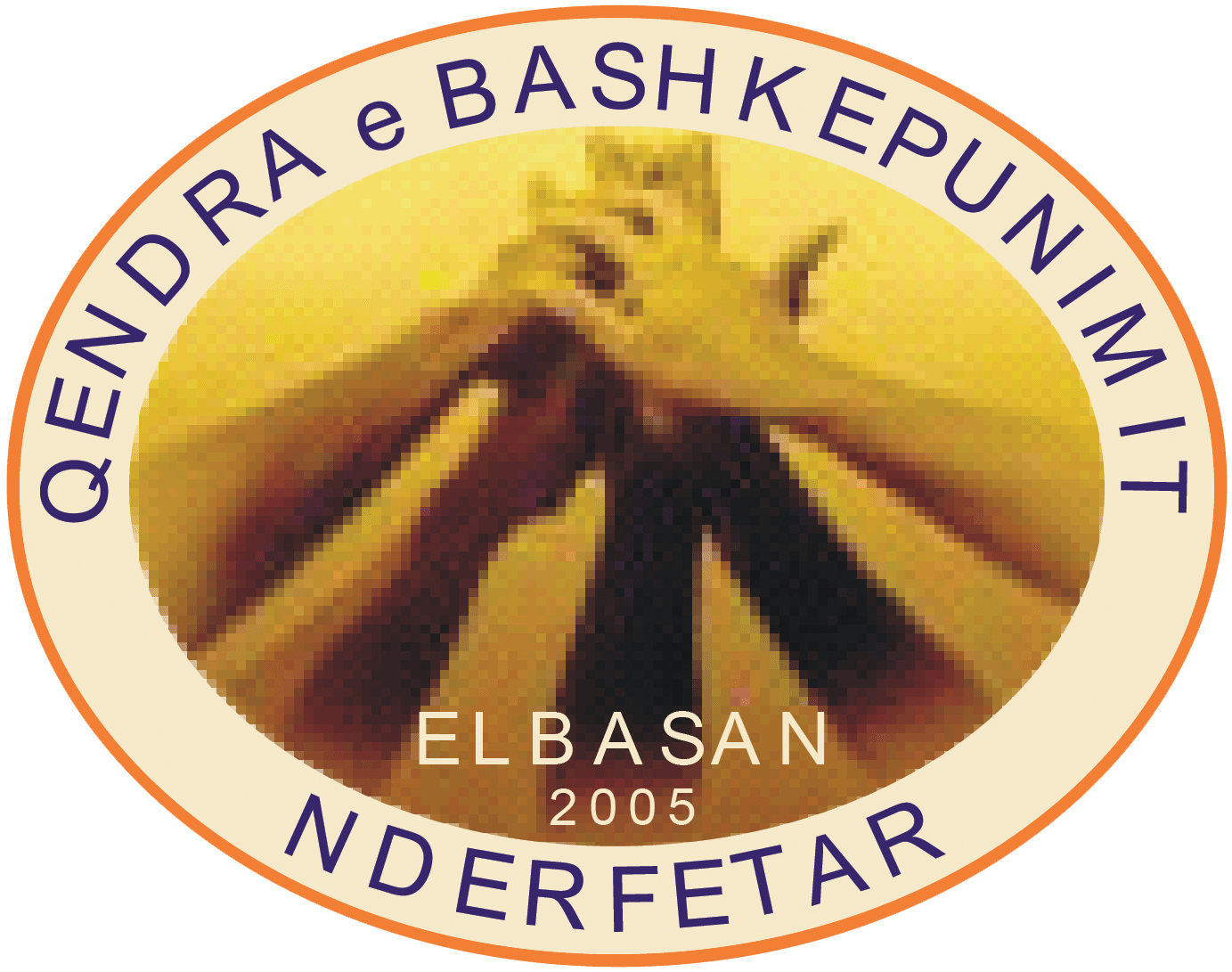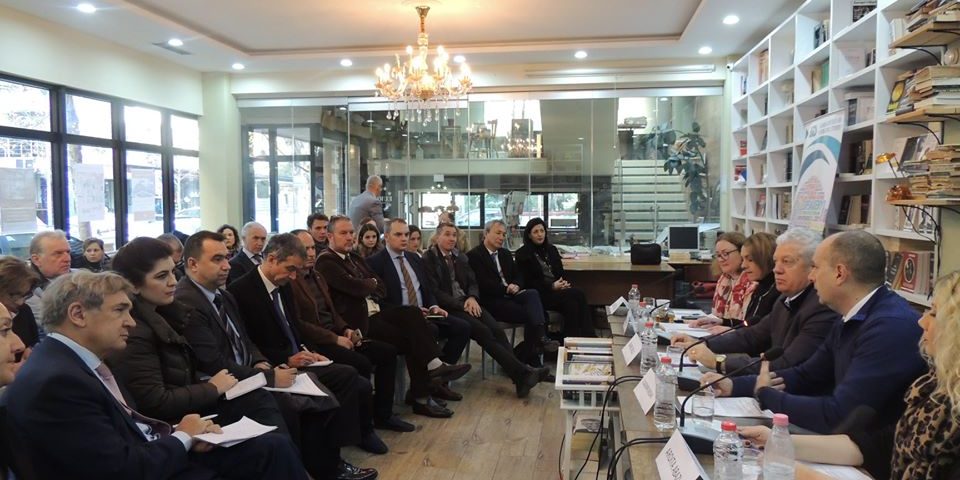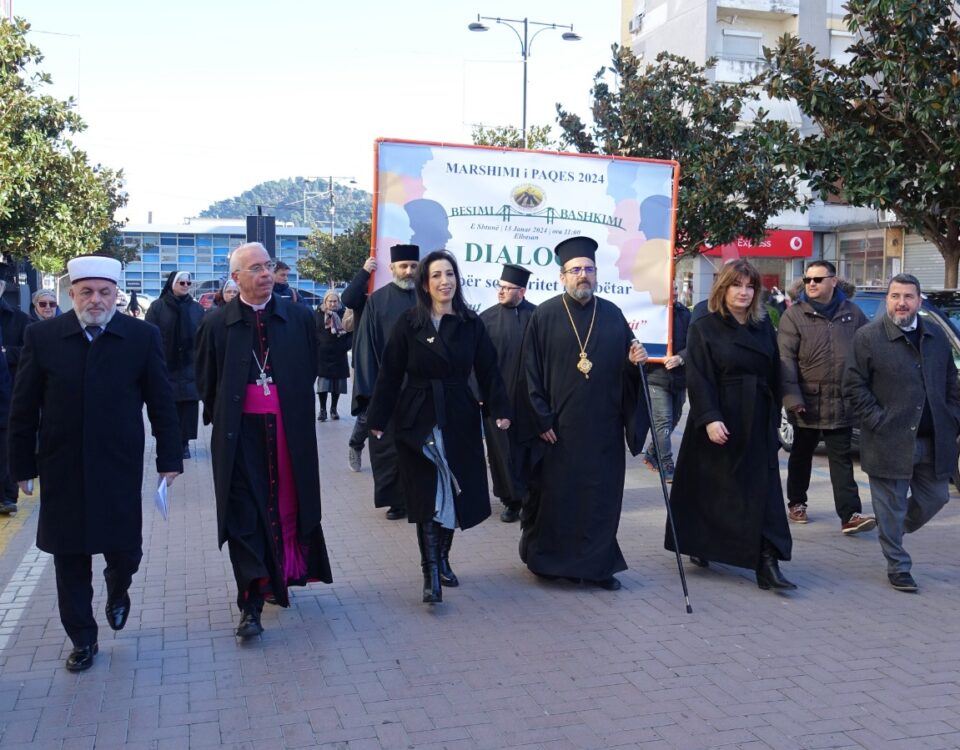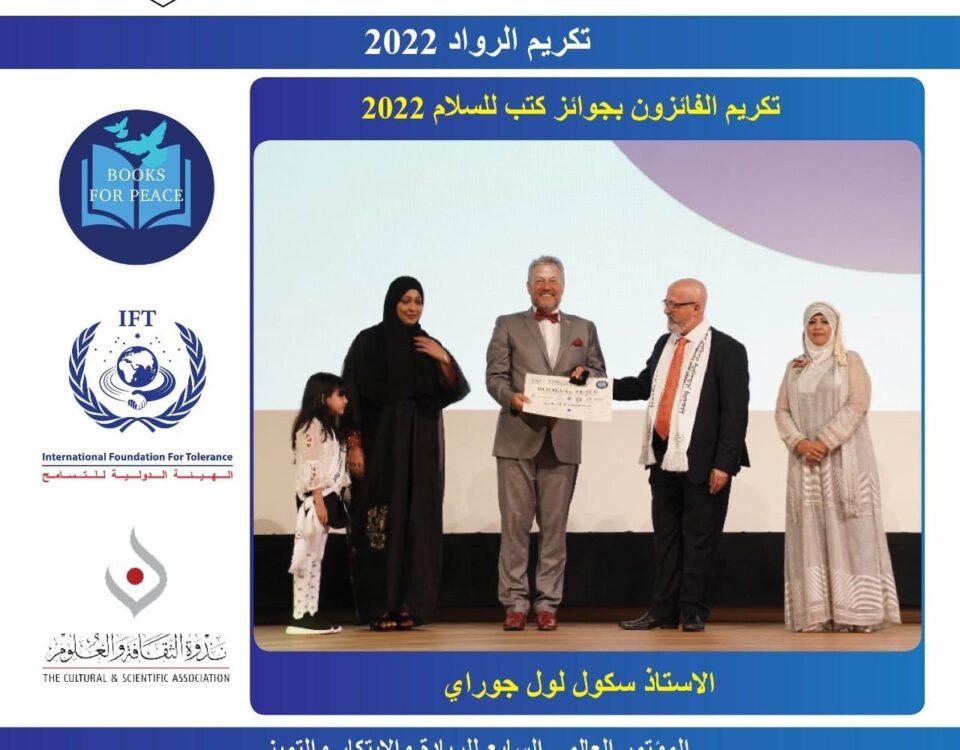President of Inter religious center of Elbasan Dr. Arben Ramkaj took place in the General Assembly of the Global Council for Tolerance and Peace (GCTP
January 18, 2020MARCH of PEACE 20
January 27, 2020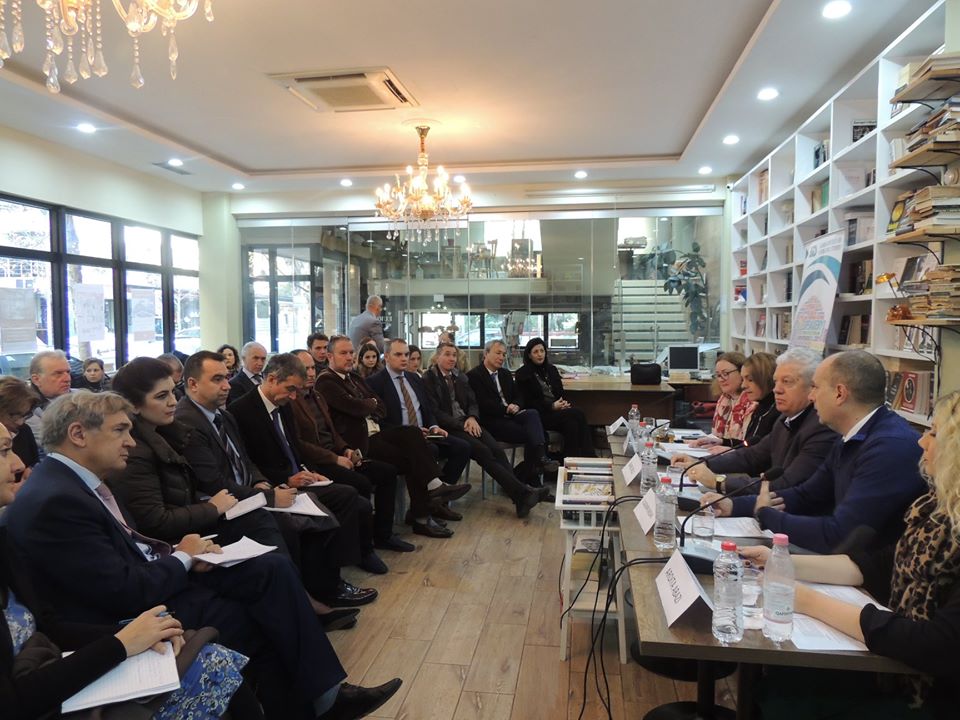
TIRANA, Jan. 22 – The Albanian Institute for International Studies, in cooperation with the European Policy Institute Skopje and the European Movement Serbia held on Wednesday a conference on the region’s European integration assessing whether the perspective is still realistic juxtaposed to a perception of a shifting target. The event finalized a yearlong project supported by the Western Balkans Fund in the framework of its strategic goal of fostering cooperation between think tanks in the region.
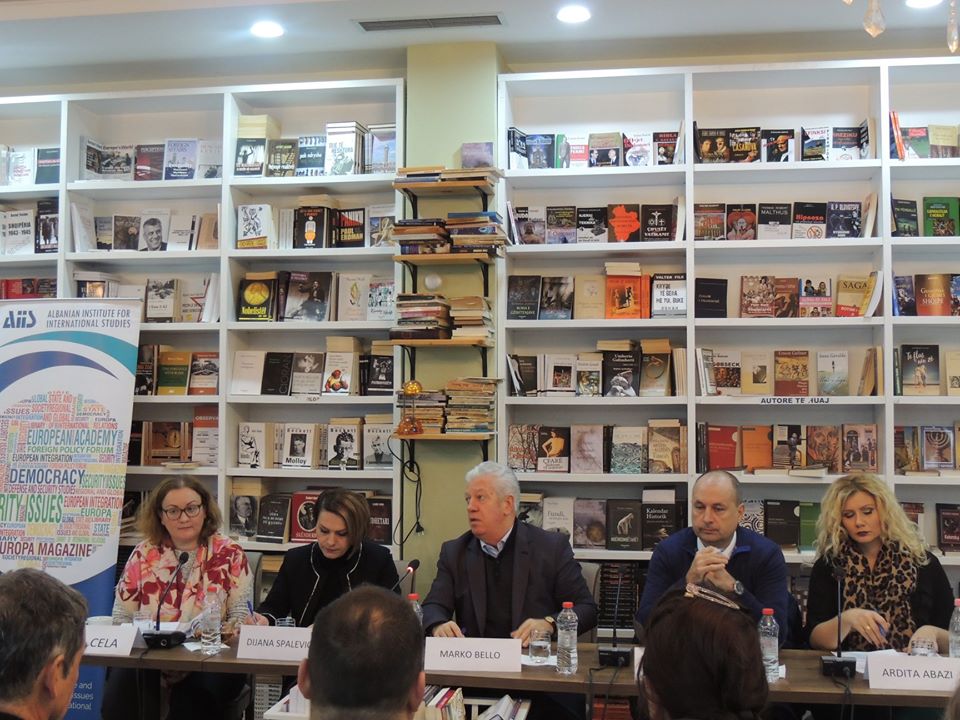
in this conference took place and Mr. Sokol Lulgjuraj, coordinator of Inter-religious Center
The researchers from the three countries aspiring to join the EU discussed with an audience of diplomats, officials and students the current dynamics regarding the enlargement policy and the EU institutions’ commitments to bring the Western Balkans closer, in the context of the EU member states’ latest decision to postpone opening accession negotiations again with Albania and North Macedonia last October.
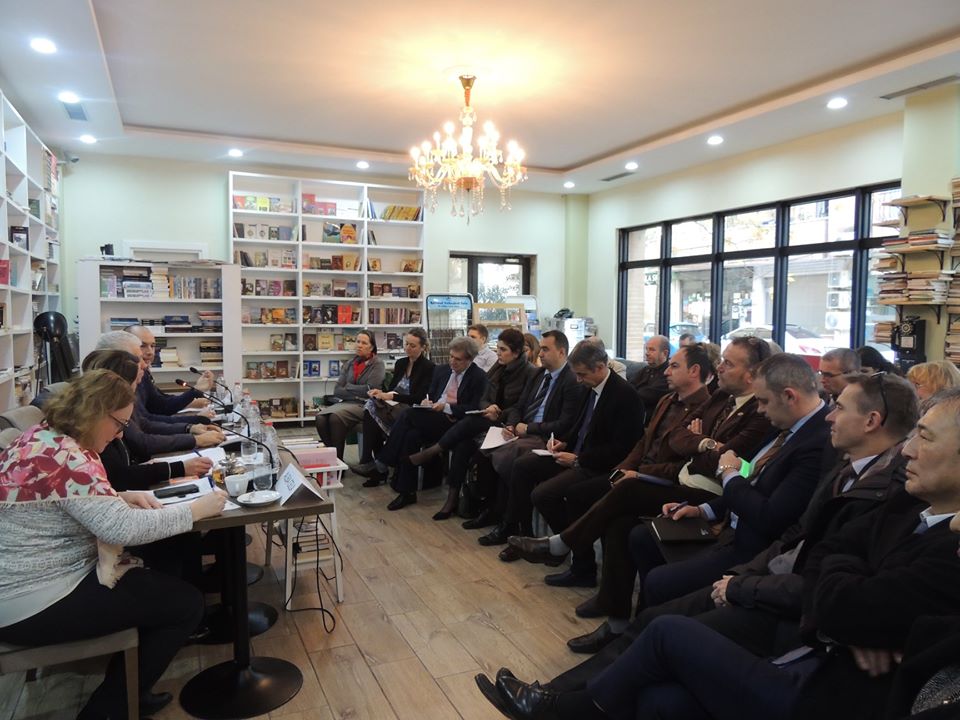
“In the case of Albania, an important development was the decision made in the German parliament. We should not forget that Northern Macedonia and Albania were treated in different ways in terms of moving forward. Albania has a precise list of deadlines and tasks and is still under these conditions. Those tasks are on the table to perform. I believe that enlargement is a good story for the EU itself, because it will show its vital energy and its own power to change, not just the Balkan countries. The progress of this phase remains to be seen, as well as a response to the credibility of the process at this point. If the process is based on clear rules, then integration and enlargement will be a success story for both the EU and the Western Balkans,” said Alba Cela, Executive Director of AlIS.
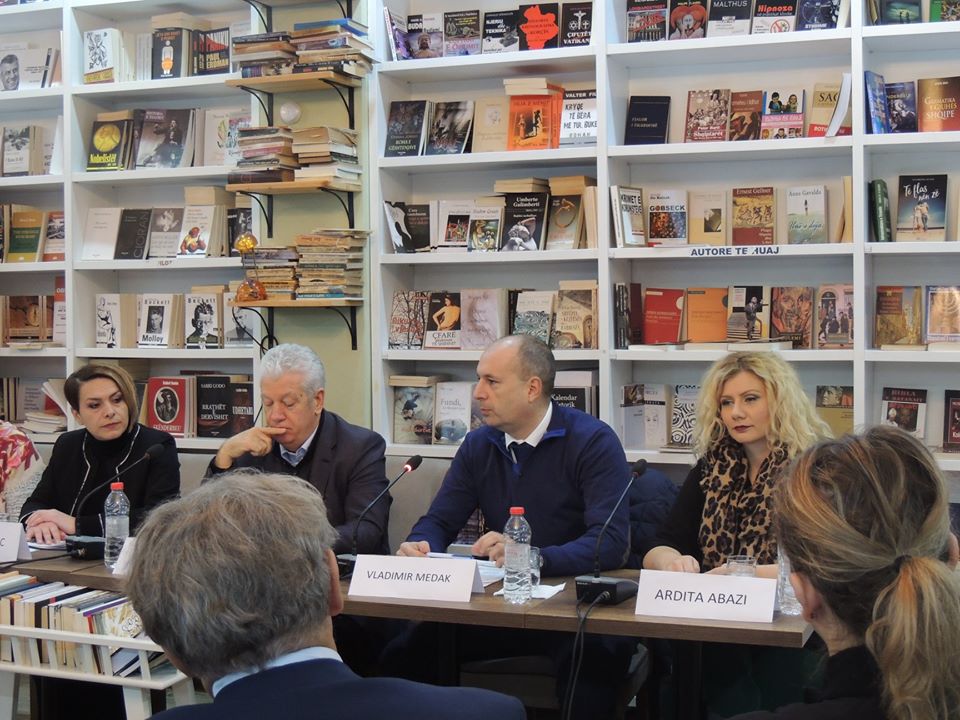
Vladimir Medjak, Deputy President of the European Movement of Serbia put emphasis on the growing nationalization of enlargement policy that is happening within the EU.
“We didn’t expect the things that happened in November, but nationalization is becoming a thing…and it’s not necessarily a bad thing when it comes to internal processes, but it’s a very bad thing when it concerns the EU foreign policy, and especially its enlargement process. October proved me right and the member states’ decision was the culmination of the nationalization within the enlargement process,” Medjak said.
Ardita Abazi, program Manager at EPI Skopje said that Macedonian society was overall disappointed by the decision to postpone opening of accession negotiations, though so many sacrifices were made and many tasks were fulfilled, such as the historic Prespa Agreement.
“Too many people in Northern Macedonia feel that the EU left them alone; while for Albania the member states had some other concerns, as far as Macedonians are concerned the decision was disappointing,” Abazi said, adding that “we need to determine when it’s enough for this stage, for this process. When we can open accession negotiations and stop raising the bar for our countries…set the limit for opening accession negotiations. I hope that now we can be involved in our discussion, as well as our governments.”
Dijana Spalevic, Program Manager of the Western Balkans Fund, said the WBF is here to support the region and all the integration process. “The region is joint about the common goal and that is EU integration process and that is what we as WB strongly promote and support through our projects. We anticipate the results and see the progress in respect to what is to be done,” Spalevic said.
French ambassador to Albania Christine Vasak gave her comment at the conference’s conclusion, saying that candidate countries should be embark on a reflection process over whether they genuinely met the Copenhagen criteria, and stressed that the achievements so far are important, but more are needed.
“You have said that France is against enlargement but take a step back and notice that every stage of enlargement would not have happened without my country and any other member state,” Vasak said. “Why are so many people leaving Albania, when they have a wonderful country, and going to Britain, Germany and France. Keep in mind that rule of law has been at the center of everything since the European Union was created and up to all its latest documents,” Vasak added.
Researchers from Albania, Northern Macedonia and Serbia affirmed that there is still a strong desire in the region to integrate into the EU, and now it is expected to see how the process will unfold with new developments expected prior to the EU WB Summit in May 2020 that will take place in Zagreb.
.
